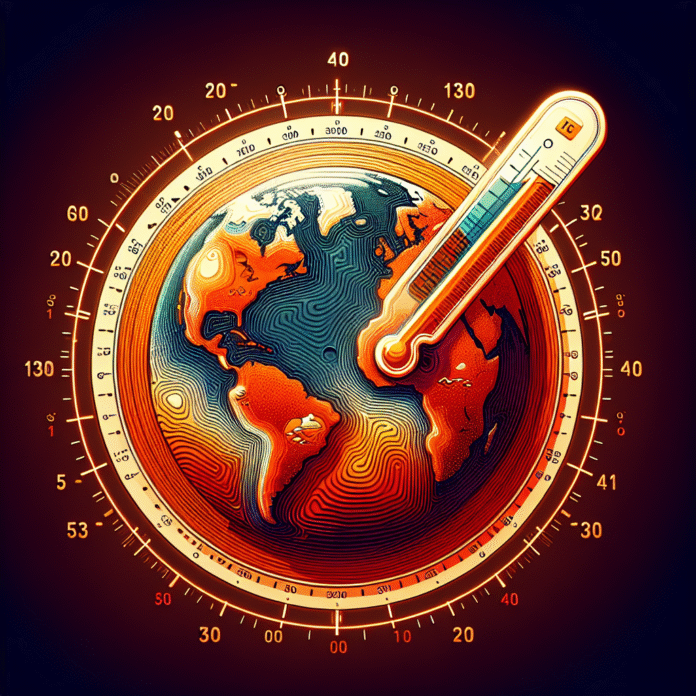The Climate Emergency Could Be More Severe Than Expected
The Climate Emergency May Be Even Worse Than Anticipated
The ongoing climate crisis is taking a more alarming turn than previously expected, as new research reveals that the impacts of climate change could be more severe than current models suggest. This pressing issue is not merely an environmental concern but also poses significant economic, social, and health risks globally.
Current Findings and Research Insights
Recent studies indicate that the rate of global warming may be accelerating due to various feedback loops that have not been adequately accounted for in existing climate models. For instance, the melting of polar ice caps and permafrost is releasing large quantities of methane, a potent greenhouse gas. This release could further intensify global warming, creating a vicious cycle that is difficult to reverse.
Furthermore, the Intergovernmental Panel on Climate Change (IPCC) has warned that we are approaching critical thresholds. If global temperatures rise by 1.5 degrees Celsius above pre-industrial levels, the world could face extreme weather events, rising sea levels, and significant biodiversity loss. Current projections suggest that we may reach this threshold sooner than anticipated, potentially within the next decade.
Economic and Social Implications
The economic ramifications of climate change are vast. Extreme weather events can lead to devastating natural disasters, causing damage to infrastructure, disrupting food supply chains, and driving up costs for consumers. Developing nations, which are often the most affected, face challenges in recovering from these impacts, leading to increased poverty and social unrest.
In addition to economic factors, the health implications of climate change are profound. Rising temperatures can exacerbate air quality issues, leading to respiratory problems and other health issues. Moreover, the spread of vector-borne diseases, such as malaria and dengue fever, is expected to increase as warmer climates expand the habitats of disease-carrying insects.
Global Response and Mitigation Strategies
In light of these alarming findings, it is crucial for governments, businesses, and individuals to take immediate action to mitigate climate change. Transitioning to renewable energy sources, implementing energy-efficient practices, and promoting sustainable agriculture are essential steps towards reducing greenhouse gas emissions.
International cooperation is also vital. Agreements such as the Paris Accord aim to unite countries in their efforts to combat climate change, but enforcement and compliance remain significant challenges. Increased investment in green technologies and infrastructure can help accelerate the transition to a low-carbon economy.
Conclusion
As research continues to unveil the alarming realities of climate change, it is clear that urgent action is needed. The time to act is now—our planet’s future depends on our collective response to this escalating crisis. By working together, we can forge a sustainable path forward and ensure a livable planet for future generations.


